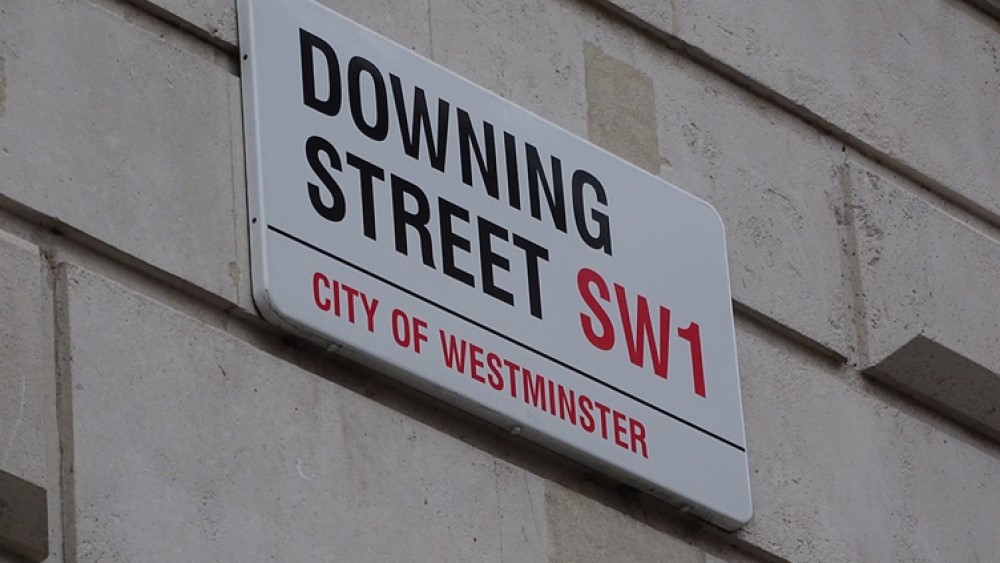

Using our heads to solve your Reward challenges.

With the election of a new Government on July 5th, it was clear that there would be some significant impacts for HR and Reward - after all the new administration is dominated by Labour and their core purpose is to improve the lives of workers.
Their manifesto commitment was to deliver what they said they would and so we were not surprised that the Kings Speech on 17th July was heavily tied to that manifesto (and perhaps that strong action was taken against Labour MPs seeking to change the agenda and losing the whip over the 2-child benefit policy).
There have, of course, been obstacles in the road already - the civil unrest could have distracted the work of the new Government but does not seem to have to date. It was revealed that the 'numbers' were not quite what the new administration was expecting - and a surprise to me to find that the Opposition parties are only provided with budget and not actual figures for projects. I am sure many reward people would be fairly horrified at the idea of trying to run a pay review or bonus outturn based only on budget.
That aside, we have already seen the new Government start to consult on some key pieces and share their thinking. Parliament will reconvene September 2nd and so we should start to see some details being shared, albeit that it is 'conference season' from September 12th to October 7th.
There are a large number of policies which could impact on employers and it is heartening to see that consultation, for example the 'Plan to Make Work Pay' meeting of August 14th included key contributions not just from Senior Ministers and the Unions but also employer organisations like the CBI and people professionals such as CIPD.
That agenda covered topics including zero hours contracts, fire and rehire, day one rights, Single Enforcement Body and minimum wage.
The Government has committed to introduce legislation - the Employment Rights Bill - to deliver the Plan to Make work pay within 100 days of entering Government. This really only gives them September to do so. Of course, that is only the start of its journey - there will be many readings and interactions and so it is likely to be 18 months' time before many of the changes would come into law. But organisations need to start thinking through the implications now.
We are not lawyers and equally are confident that there will be lots of discussion and debate around a number of the topics.
We have written on and talked for some time about the desire to extend Gender Pay Gap reporting into other areas and there is a clear commitment to see reporting on gaps by ethnicity and disability. We will look at this more when we hear more about the Equality Race and Disability) Bill.
There is also a desire to reform what is seen as the 'broken' Apprenticeship Levy and replace it with a new Growth & skills Levy.
It is also worth noting that there are pieces of legislation that were already on their way through Parliament when the election was called that are highly likely to continue their progress such as those on the allocation of tips, time off for Neo Natal care, and the right to request Flexible working.
For the rest of this article, we will focus on a topic close to our hearts - National Minimum Wage (NMW)- with a wide network of clients and contacts in sectors such as retail, hospitality, charity and care where there are large numbers of people impacted by the NMW.
As ever, there are significant knock-on effects:
NMW is not a new concept - it has been around since 1999 - and it was the Conservative Chancellor George Osborne who, in 2015, announced the National Living Wage (NLW). There has been ongoing confusion about the term and how this relates to the Living Wage (aka real Living Wage, voluntary Living Wage) ever since!
The government seek to build on past principles, notably:
Whilst setting out some new criteria:
These can be seen as evolutions in agenda, rather than revolutions.
The cost-of-living point is an interesting one. No doubt the LPC would say that it was always in their remit to be mindful of inflation and certainly we say large increases in the rates in 2023 and 2024 of almost 10% each year which were at least at inflationary levels.
However, for many years the Living Wage Foundation has said the basis of calculation of the NMW is not appropriate and it needs to start from the place of how much is genuinely needed to leave a reasonable life, rather than how it relates to the average earnings or overall inflation. They rely on a Minimum Income Standard calculated by Loughborough University's Centre for Research in Social Policy (CRSP).That said, the NLW and LW rates are not a million miles apart - currently the NLW is £11.44 and the LW (outside London) is £12, a difference of 56p or less than 5%.
With inflation much down on recent years - CPI for July 2024 was 3.1% - under the previously LPC regime we might expect 2025 NLW rates to look around 3-4% above 2024 - and in fact pre-election their central estimate was 3.9% up with a projected figure of £11.89, but under the new regime we may see that this rate increases to much closer to the Living Wage rate, which is based on a basket of goods and services.
Perhaps the biggest impact will be for those aged 18-20. There are still some sectors, hospitality being a good example, where pay is related to age. Currently the NMW for 18-20 is £8.60. To simply bring that in line with the NLW for age 21 is a 33% increase. And this year we already saw the removal of the age 21 and 22 band and large increases to align those rates to the NLW.
There is clearly a wide and far reaching remit under the recently elected Government to, in their words, 'Make Work Pay' with significant consequences for employees (and even those defined as employees) and employers.
Reward Heads will continue to talk about developments in our articles and Forums and would love to support any organisation who would like us to assess their position and options. Please contact our CEO, Victoria Milford at rewardsolutions@rewardheads.co.uk.
Victoria Milford - CEO